My previous post about sustainable tourism talked about what the term actually means. Now I’d like to address another question: why?
One reason is pretty obvious. Unless you’ve been living in total isolation the past few years, you’ve no doubt heard a lot about cutting CO2 emissions, climate change, sustainability and various other related topics. We’re also increasingly seeing the effects of these concerns manifest in our own backyards, so to speak.
Numerous articles, for example this one and this one, have addressed the environmental benefits of engaging in sustainable tourism really well. That’s why I’m going to focus on a few other reasons why traveling sustainably is a good idea.
One of those being that it’s good for people, too.
Think about it. What’s better for the people living in the communities where you go on vacation, staying in a locally-owned guesthouse or hotel, or staying in an international chain hotel or resort? Practically every time it’ll be the former. And don’t think that means sacrificing quality; I’ve stayed in guesthouses that rivaled 4- and 5-star hotels in terms of comfort, along with the added bonus of personalized service you generally just won’t receive in a corporate chain hotel.
The same principle applies with restaurants, tours, and whatever else you might do while visiting a place. When you seek out locally-owned businesses you are almost inevitably doing more to support the community you’re visiting…and after the economic devastation brought by the pandemic, these tourism dependent communities need that financial boost now more than ever!
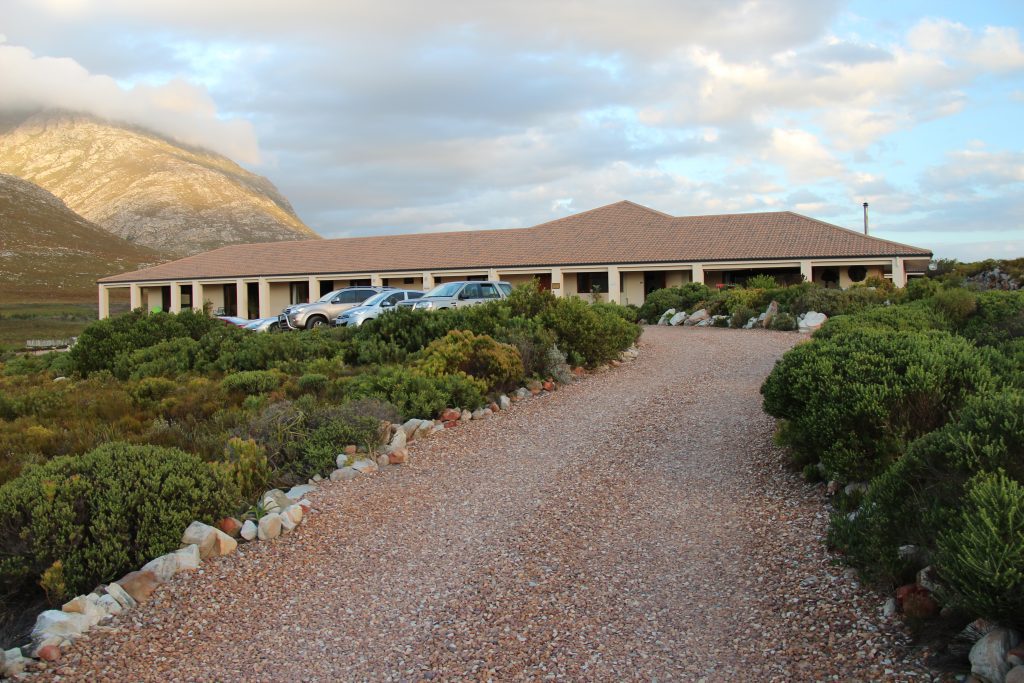
So, there are some pretty convincing altruistic motives for traveling sustainably. But what about benefits to us as travelers beyond the feel-good factor? Are there any?
You bet there are! The biggest benefit is the unique experiences that are more likely to occur when you travel sustainably. I can give so many examples of how traveling in this manner can enrich one’s experience of a destination, but here I’ll offer a particularly memorable one of my own.
During a visit to Peru in 2018, we stayed overnight at Uros Khantati, a floating island on Lake Titicaca with guest cottages made of the same reeds from which the island is built. There, I had the privilege of chatting with Cristina Suaña. She’s the owner of the business and a pretty amazing woman who has won several awards for pioneering tourism development in her indigenous community.
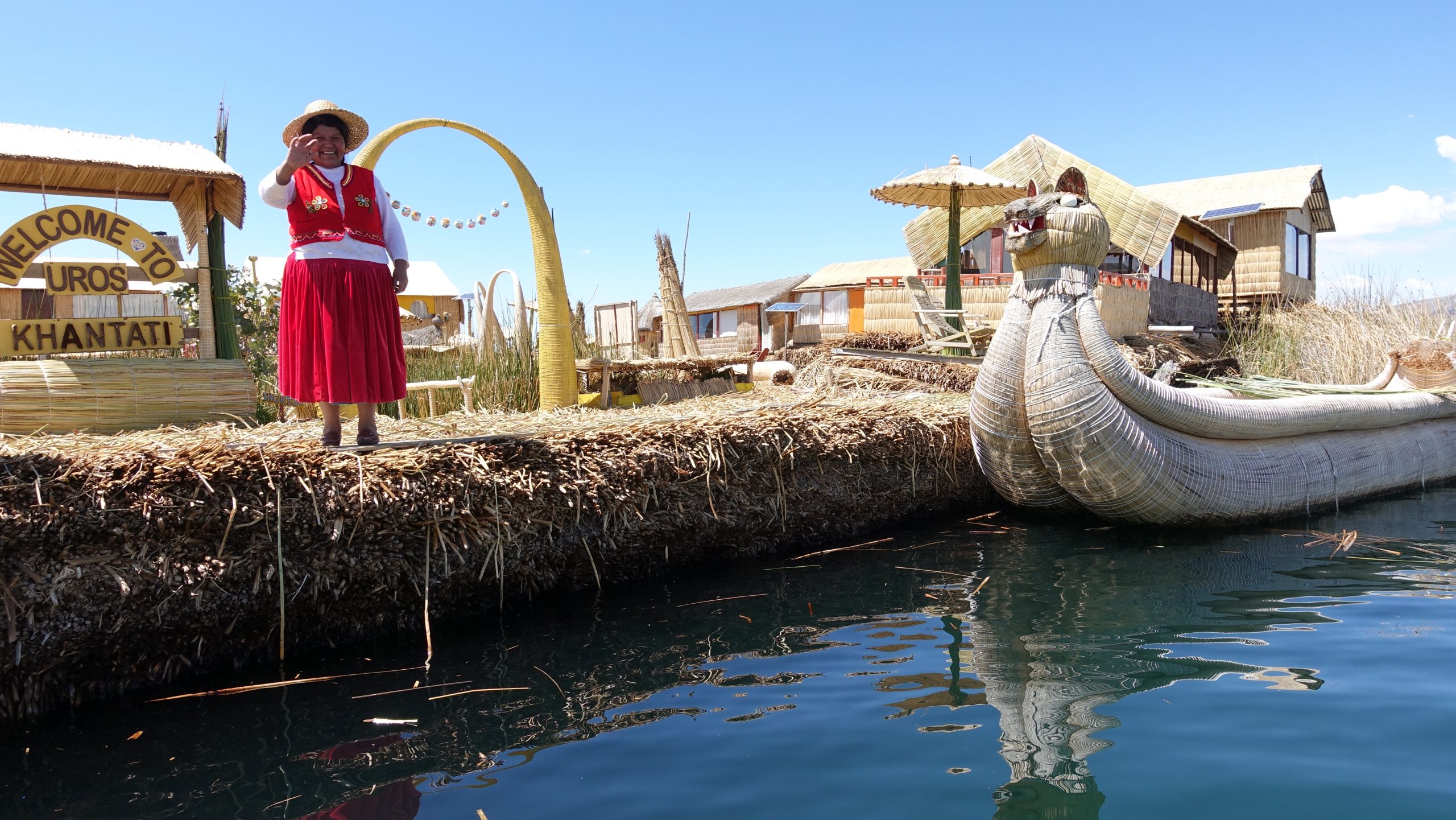
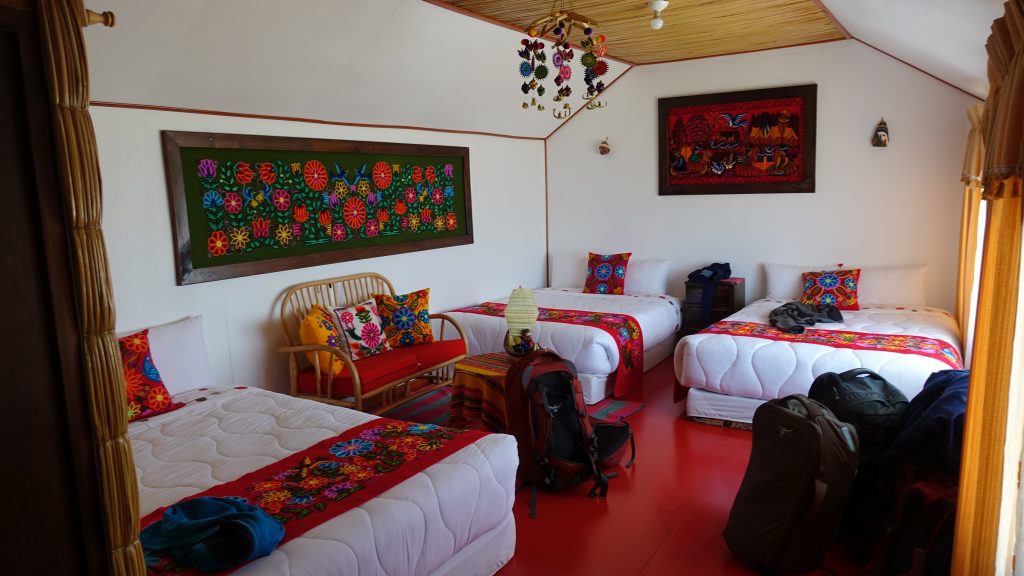
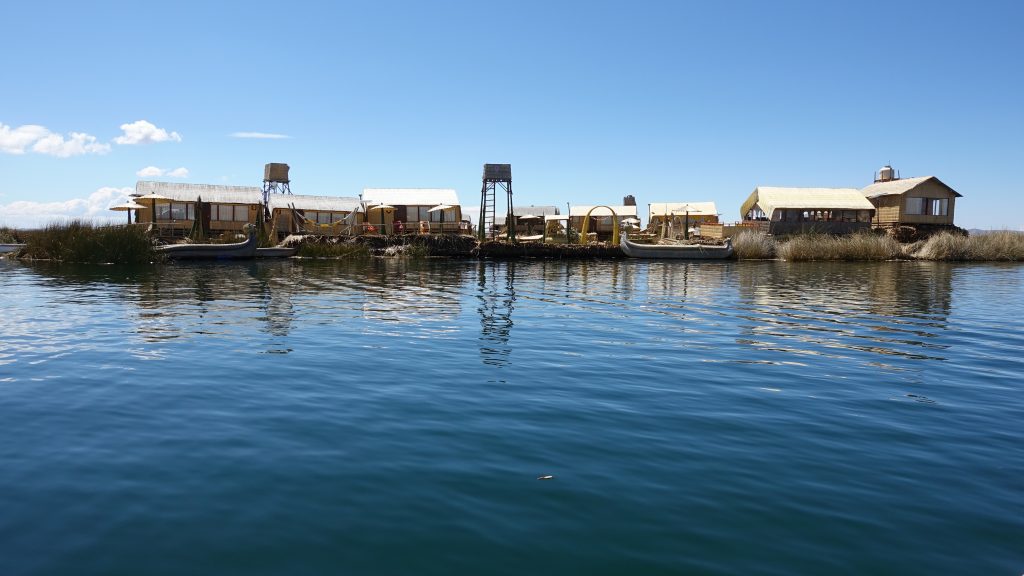
She told me a lot about life there, but the thing I’ll never forget is her smile (with maybe a hint of a wink!) as she told me how all her friends and family, including her husband, thought she was crazy when she set up the first little guest cottage on her floating island. “Who’s going to want to pay to sleep here?!?”, she told me they were saying, and we both laughed. Cristina’s sense of humor is as good as her business sense, because 15+ years later Uros Khantati is going strong!
If we had passed through the area more quickly, stayed in a hotel and just visited a built-for-tourists floating island on a day trip this encounter would never have occurred. It’s these experiences that help make trips even more memorable, and by traveling a bit more slowly and engaging with the local community – in other words, traveling sustainably – these are the kinds of enriching encounters that can occur.
That’s reason enough all by itself, don’t you think?
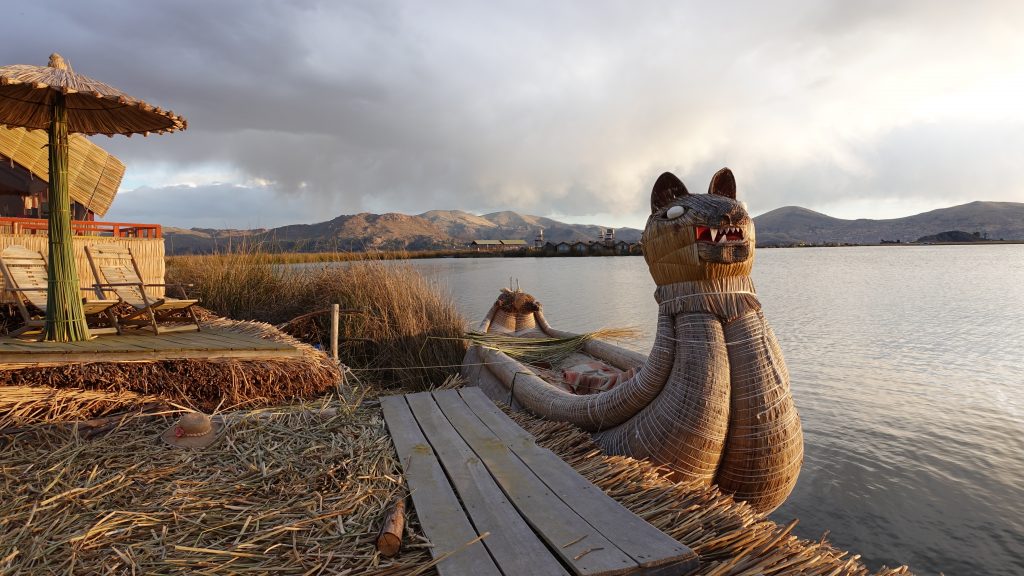

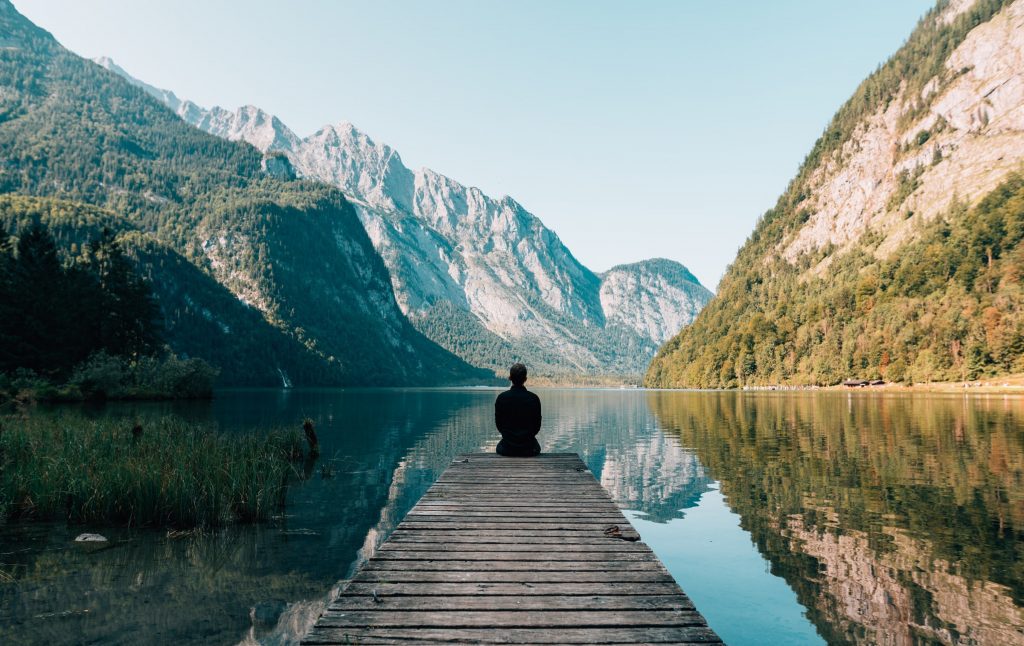
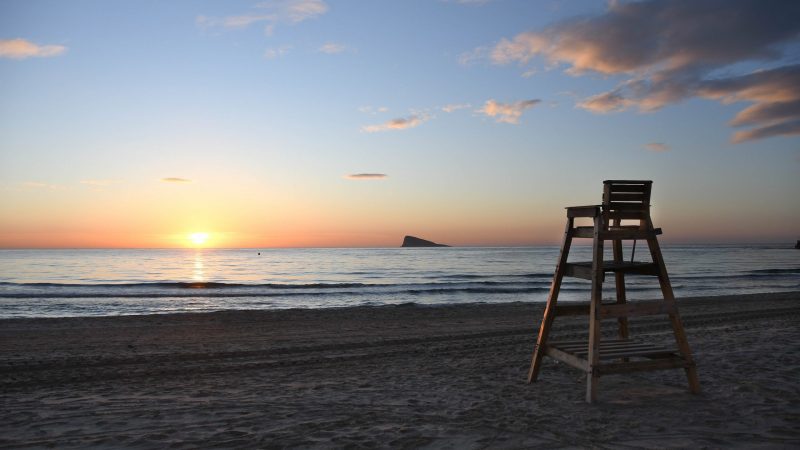
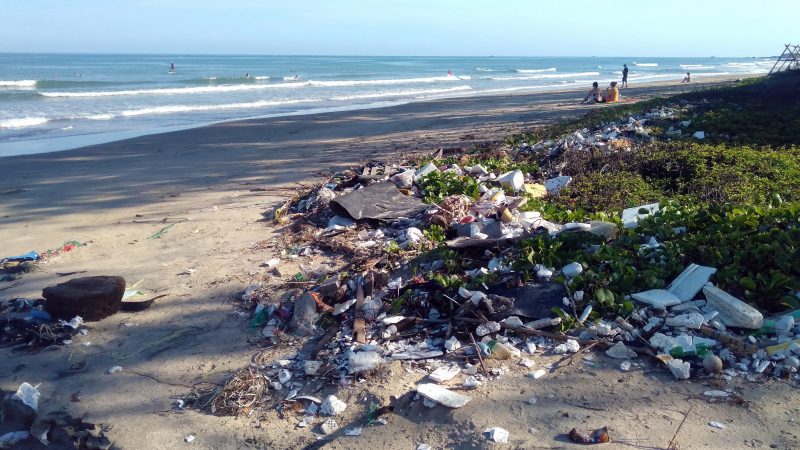

This Post Has 2 Comments
Pingback: What is Sustainable Tourism, anyway? - Wanderlust for Life
Pingback: Indigenous tourism: how to participate responsibly - Wanderlust for Life